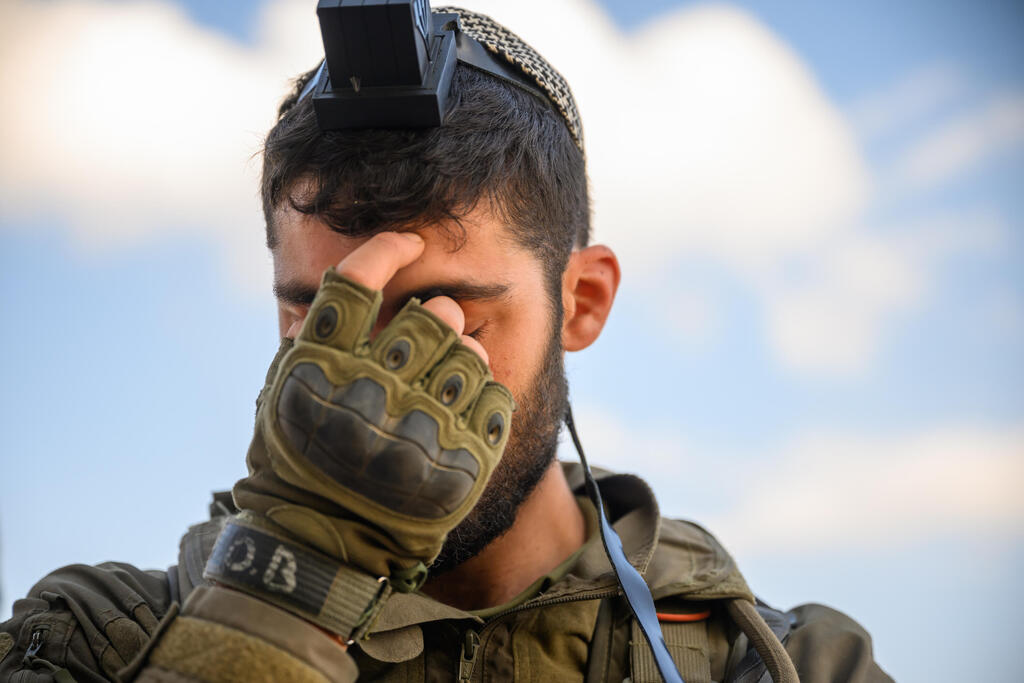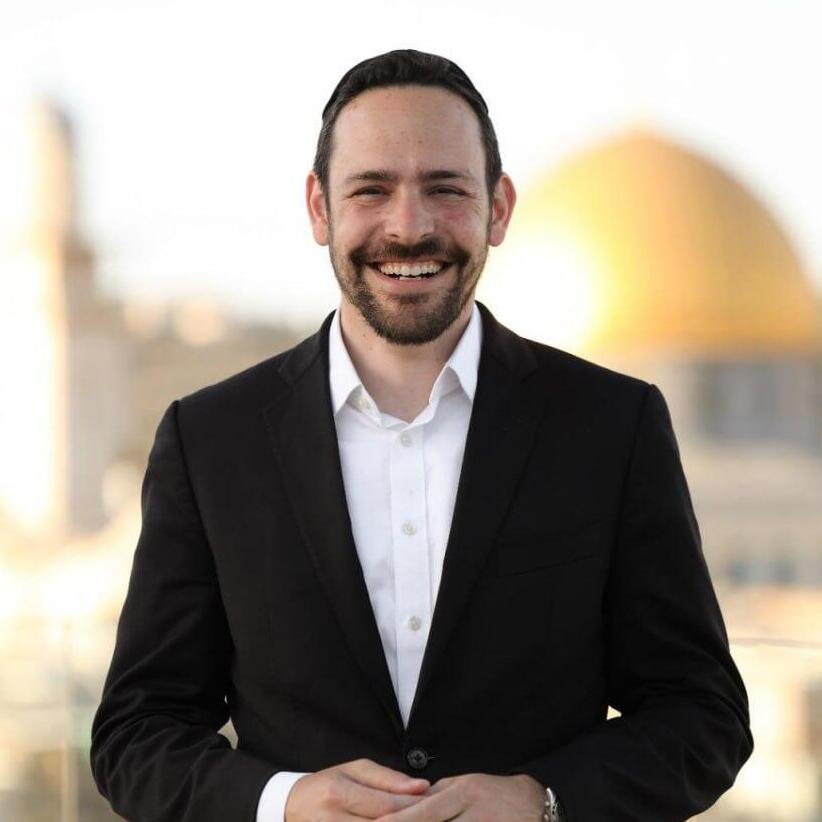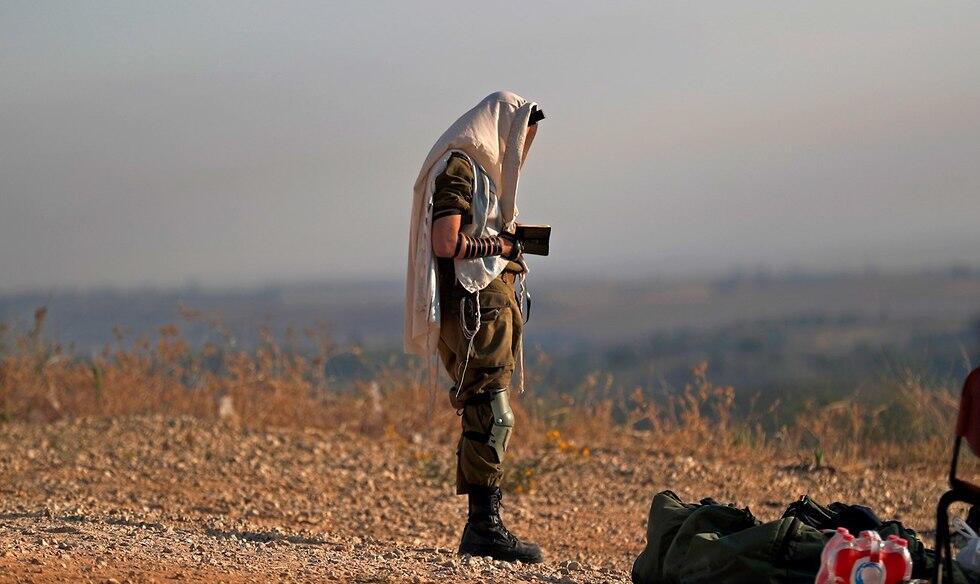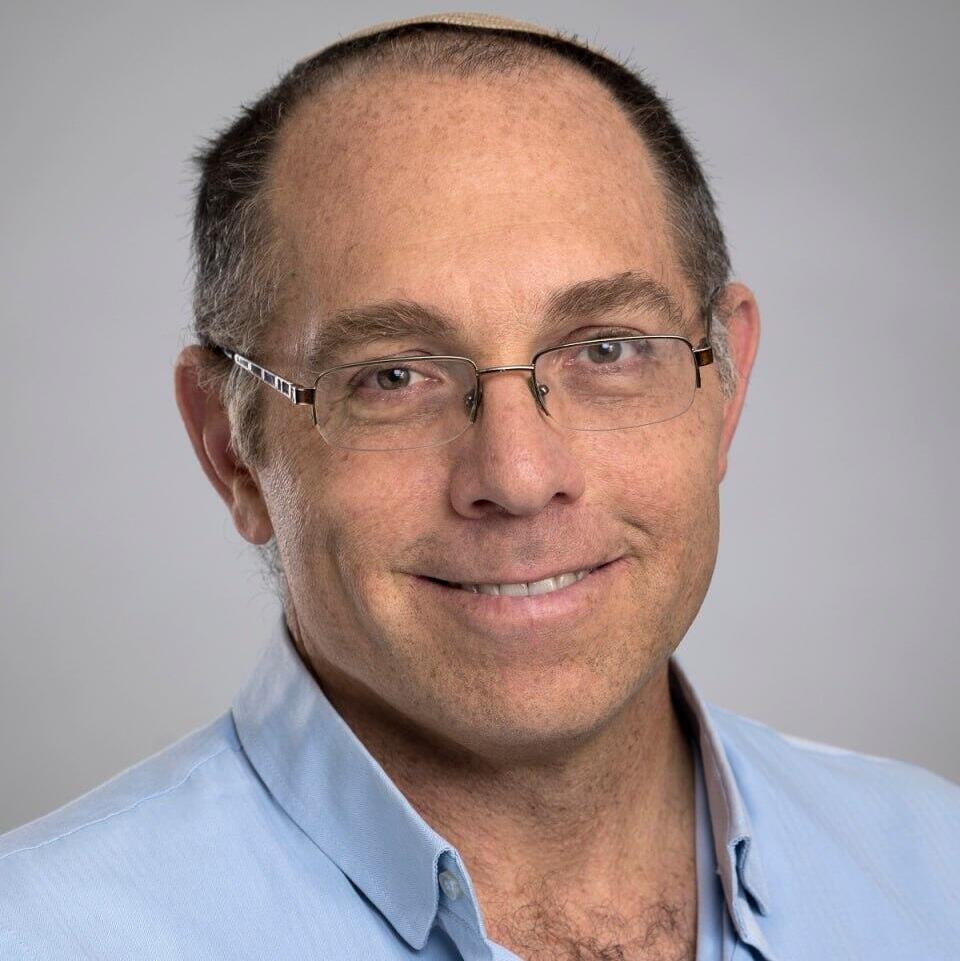Getting your Trinity Audio player ready...
On October 7, thousands of Hamas terrorists infiltrated Israel and carried out the deadliest massacre against the Jewish people since the Holocaust. This event profoundly impacted Israeli society, shaking the public’s trust in the government, the Israel Defense Forces, and even the country’s economy. Many Israelis have lost loved ones or suffered trauma.
Nine months later, both statistical data and anecdotal evidence suggest that many Israelis have turned to faith and are looking for spiritual solace to cope with the immense grief and uncertainty following the attack.
“We see a growing strength in people’s Jewish identities,” Eitiel Goldwicht, educational director for the Jewish outreach organization Aish, told The Media Line. He said that many members of the southern kibbutzim had actively sought peace with Palestinians in Gaza, even transporting sick Gazans to Israeli hospitals for treatment. Then, these same people entered Israel and killed their friends and loved ones. The world turned against Israel, including a rise in antisemitism; they began to reassess their Jewish identity and felt a stronger connection to their heritage.
Goldwicht said thousands of nonobservant soldiers requested tzitzit (ritual fringes) to wear under their uniforms and into battle—“like their spiritual protective vest.” Some also asked for tefillin (phylacteries).
Then, in March, after the Hostage and Missing Families Forum contacted Aish, the organization spearheaded a day of prayer and unity centered on the Western Wall in Jerusalem that nearly 5 million Jews from around the world attended. Goldwicht said that the forum had come to Aish, saying that it had financial, political, and emotional support but needed religious or spiritual support.
“Many of the Jews who came to pray that day do not pray daily,” Goldwicht stressed, “but they thought it was important to take action. What it means is that prayer is alive and well.”
Statistically, Aish.com’s live web chat service, which allows anyone to chat directly with one of the organization’s rabbis, reported in June a 300% increase in usage since last fall. The organization said more than 5,000 chat responses are coming in each month, the equivalent of 225 per day.
“We’re hearing from so many Jews who feel profoundly disconnected, whether due to living in areas with little Jewish community or lack of affiliation growing up,” said Rabbi Tzvi Broker, who oversees Aish.com’s Live Chat, in a statement. “The personal nature of these interactions, coupled with their anonymity, creates a safe space to ask questions and begin exploring. Having a live rabbi to connect and share with has been a draw for many, and we’re seeing lives transformed as a result.”
Several polls have also examined the issue recently, including one published in February 2024 by The Jerusalem Post. That survey, conducted by Dr. Menachem Lazar of Lazar Research in collaboration with Panel4All.co.il, found that a third (33%) of Israelis, especially young people between 18 and 29, have strengthened their faith in God since October 7.
Only 8% said their faith declined, according to the survey.
Moreover, the survey found that Israelis were acting on their renewed faith: 63% reported praying more, 59% said they were having more conversations with God, and 45% had increased their recitation of Psalms.
A few months before that, in December, the Israel Democracy Institute think tank surveyed respondents to determine whether they had felt closer to or further from religion since October 7. Around a third (34%) said they had felt much or slightly closer to religion since the war.
Strikingly, even the Messianic Jewish organization Jews for Jesus reported a surge in interest from Israelis following the Hamas attack. Aaron Abramson, the executive director, told The Media Line that requests for New Testaments increased by 43% in the six months after October 7. Monthly requests jumped from 100-120 to 600 in the first three months. While requests have since decreased, they remain higher than before, now averaging around 430 per month.
“I think the broader Messianic community has been experiencing an increase in the number of seekers—Jewish people wanting to understand more about some of the things going on around them,” Abramson said. “They are reaching out to us and other Messianic groups because they are looking for answers.”
He said the situation is not too dissimilar from what the organization experienced in Ukraine, where he said the degree of “openness to spiritual topics and discussions” has surged since the war with Russia broke out. “When people go through a crisis or when things look bleak, they turn upwards and start looking for solutions beyond their own humanitarian solutions.”
‘Religion can give you hope’
Prof. Benjamin Porat, a senior fellow in the Israel Democracy Institute’s Religion and State program, told The Media Line that after the Holocaust, the Jewish people faced similar dilemmas, struggling with how to maintain their faith after such a devastating blow.
Some people, after the Holocaust, said that if such evil can happen and there is no supervision by God, why is it worth continuing to believe? Porat explained. Others recognized that the only way to survive such a tragedy is through faith and belief in God. After October 7, he expects to see a similar pattern: “Some people’s faith will be crushed, and some will be strengthened.”
Porat, a religious man himself, noted that those who turn away from faith after such tragedies often have a “shallow” connection, believing their faith will protect them from harm and turning away when it does not. In contrast, those with a deeper understanding use their beliefs as a source of optimism. They see that despite the current darkness, humanity is created in the image of God, and there is hope for correction and healing even in the face of evil.
“Religion can give you hope, but it does not give you simple answers to everything,” Porat said.
From a secular perspective, on the other hand, the aftermath of October 7 raised profound questions, the professor added. He said the focus shifts entirely to human beings without belief in God. The real challenge, then, is not questioning where God was during the massacre but rather where humanity was.
He said when secular Israelis saw the brutal events of October 7, marked by indiscriminate killing, rape, and burning, for many, it forced a painful reassessment of their faith in human potential and decency.
Porat said, however, that it is still too early to know what answers Israelis will ultimately come to—especially while the war is still going on and the hostages remain in Gaza.
“We cannot yet think clearly about the outcomes,” Porat concluded. “This is only the beginning; it will take a long time to understand what happened.”






